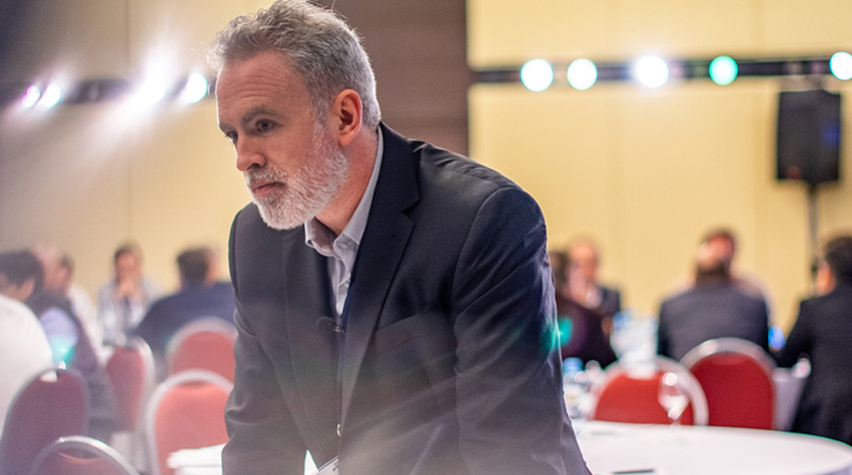
Disclosure: This post is sponsored by Whycomm and reflects their views, opinions, and insights.
Martín Fernández is President of Whycomm and a keynote speaker at the 10th CCPS Latin American Conference on Process Safety. Hear from Martín about his and Whycomm’s involvement with the conference in the interview below.
The 10th CCPS Latin American Conference on Process Safety will take place September 18–20, 2024 in Barranquilla, Colombia. Topics covered include leadership and culture in process safety, emerging topics, cyber-risks, and process safety technologies, among others. You can view the conference’s program and register on the conference website.
The LACPS aims to provide a platform for sharing innovations and best practices in process safety across the region. How have leadership styles for process safety evolved in recent years?
Latin American leadership in energy industries has traditionally been strongly hierarchical, blame-oriented, and production-focused. However, there has been a paradigm shift while maintaining a similar semantic field, particularly around discipline. The evolution has moved from leadership cultures that disciplined individuals to organizations fostering operational discipline. This ambiguous use of the term “discipline” sometimes creates confusion in the workplace. There has been a transformation from leadership mindsets of “punishment and obedience” towards sustainable organizations that manage frameworks like PSM, aiming for workers to understand risks and act accordingly, with a shift from obedience to understanding. Addressing leadership issues comprehensively remains challenging due to their multifaceted nature, but this serves as a synthesis and starting point for discussion at the upcoming LACPS.
What is the first step to transform organizational vision towards a stronger commitment to process safety and sustainability?
While organizations are already preparing their leaders to manage a complex world amidst ongoing energy transition, one thing remains unchanged: senior management must define acceptable risks, and operational fronts must operate with discipline. In this regard, the approach Whycomm takes with its operational discipline programs is straightforward: instilling a sense of vulnerability at the top (senior management) and operational discipline at the operational and supervisory levels. Risks defined as tolerable by senior management should be managed in the field through operational discipline. From our perspective, cultural change must be managed across these two dimensions, effectively pinching the organization from above with vulnerability awareness, and from below with operational discipline. We need intelligent organizations operating at all levels with a common language based on understanding risks and impacts.
How do you foresee the near future of process safety?
We are navigating an era of volatility. In many ways, we are already living the future of process safety, underscoring the importance of sharing best practices as we will at the upcoming LACPS. The present, which feels accelerated today, is a slow-motion version of the future. Perpetual change and increasing complexity show no signs of slowing down. The twin vectors of change — legislation and technology — will continue shaping organizational dynamics in general, and process safety in particular, amid the energy transition.
What do organizations need from their specialized professionals?
Professionals in process safety culture face the challenge of proposing new conceptual syntheses and providing new languages to manage rising complexity. They need to simplify language for complex scenarios. Neither organizational leaders nor frontline workers need to understand what process safety culture is; they need to speak its language. Understanding that culture’s power lies in context is crucial — transforming collective behavior patterns by changing the context ultimately determines individual behavior. Leaders can quickly grasp and utilize this concept. Whycomm has had the privilege of presenting and attending CCPS events worldwide, where each congress contributes significantly to global understanding and provides a common framework for organizations at varying levels of evolution.
Learn more about the 10th CCPS Latin American Conference on Process Safety.

Martín Fernández
Martín Fernández is President of Whycomm, Safety Culture Strategies, a consulting firm focused on the implementation of process safety culture and operational discipline programs.
Disclosure: This post is sponsored by Whycomm and reflects their views, opinions, and insights.


